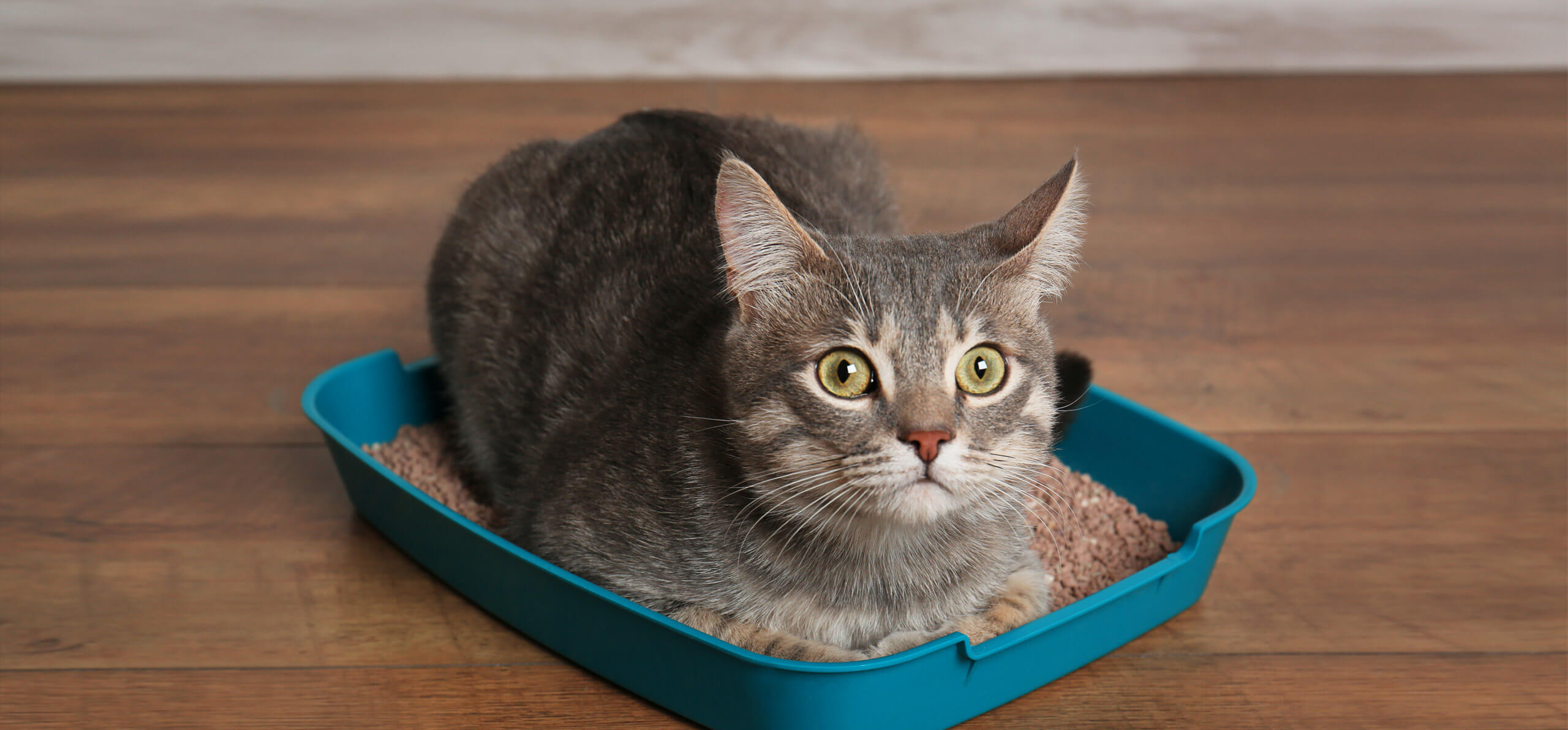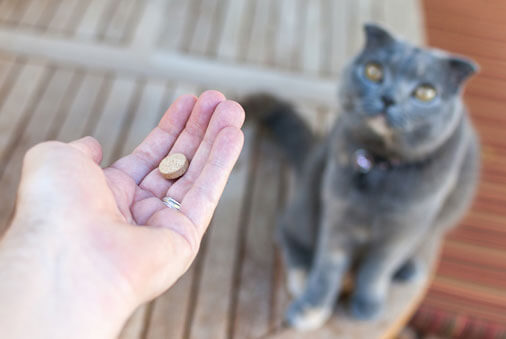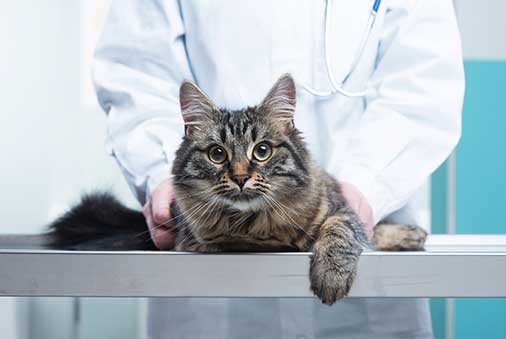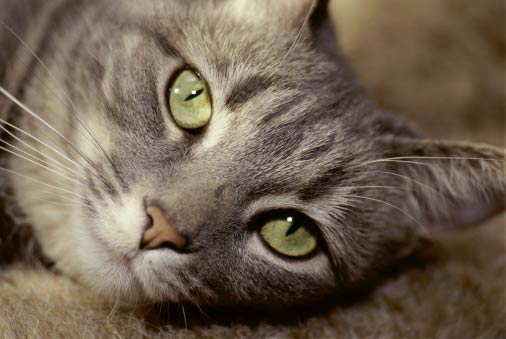What Causes Crystals?
There are many types of crystals and many reasons your cat might develop them. Struvite and calcium oxalate are the most common crystals, but their formation can’t often be pinned to one cause.
Different types of crystals may develop if your cat isn’t eating a proper, complete and balanced diet. Also, any condition that changes your cat’s urine pH, such as kidney disease or long-term medication use, can cause crystals.
Younger cats can develop crystals in their urine just as easily as older cats, so age isn’t really a factor. An individual feline’s unique physiology and disease history will most likely predict the development of crystals in their urine above anything else.
Crystals may indicate bladder stones or uroliths, rock-like mineral formations that develop in the bladder. Not all pets diagnosed with crystals have bladder stones. A radiograph or ultrasound may be needed to determine if there are stones.
Can My Cat’s Food Cause Crystals?
There are multiple factors causing the formation of urinary crystals, so it’s important to feed your cat a complete and balanced diet for his or her appropriate life stage. Check with the manufacturer of your cat’s food to make sure it is formulated to produce optimal urine pH levels.
Can Wet Cat Food Treat Crystals?
Veterinarians will usually use a multipronged approach for treating crystals. First they’ll eliminate the underlying cause whenever possible. Many vets will recommend high-quality wet foods because they’ve seen canned food reduce crystals in their practices. Regardless, adequate hydration is imperative for felines who tend not to drink enough water.
What’s the Best Cat Food to Reduce Urinary Crystals?
Feeding a proven therapeutic diet for urinary tract care may help reduce crystals in cats who are prone to developing them. Also, if struvite urolith stones are present, your veterinarian may use a therapeutic diet that nutritionally manages and dissolves stones, while preventing formation of calcium oxalate uroliths. If necessary, other types of stones can be surgically removed.
How Else Will the Veterinarian Treat Crystals in My Cat’s Urine?
In addition to modifying your cat’s diet, your veterinarian may help eliminate or control the underlying cause(s) of urine crystals by increasing the volume and frequency of your cat’s urine through hydration.
In some cases, modifying your cat’s urine pH by prescribing medications may also be part of the therapeutic plan.
After your cat’s initial treatment, your veterinarian will analyze her urine again to see if crystals are still present, since chronic formations can lead to kidney stones in the future.





